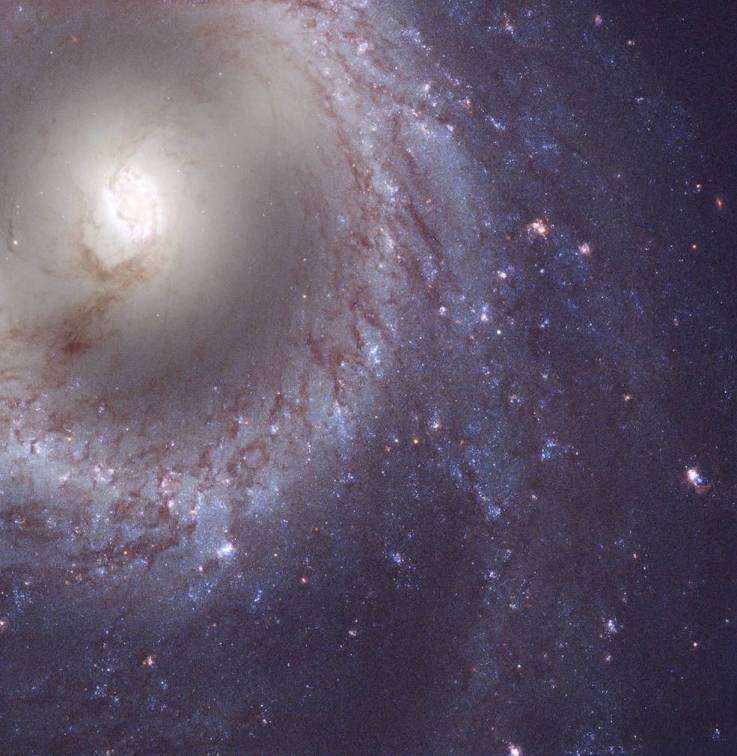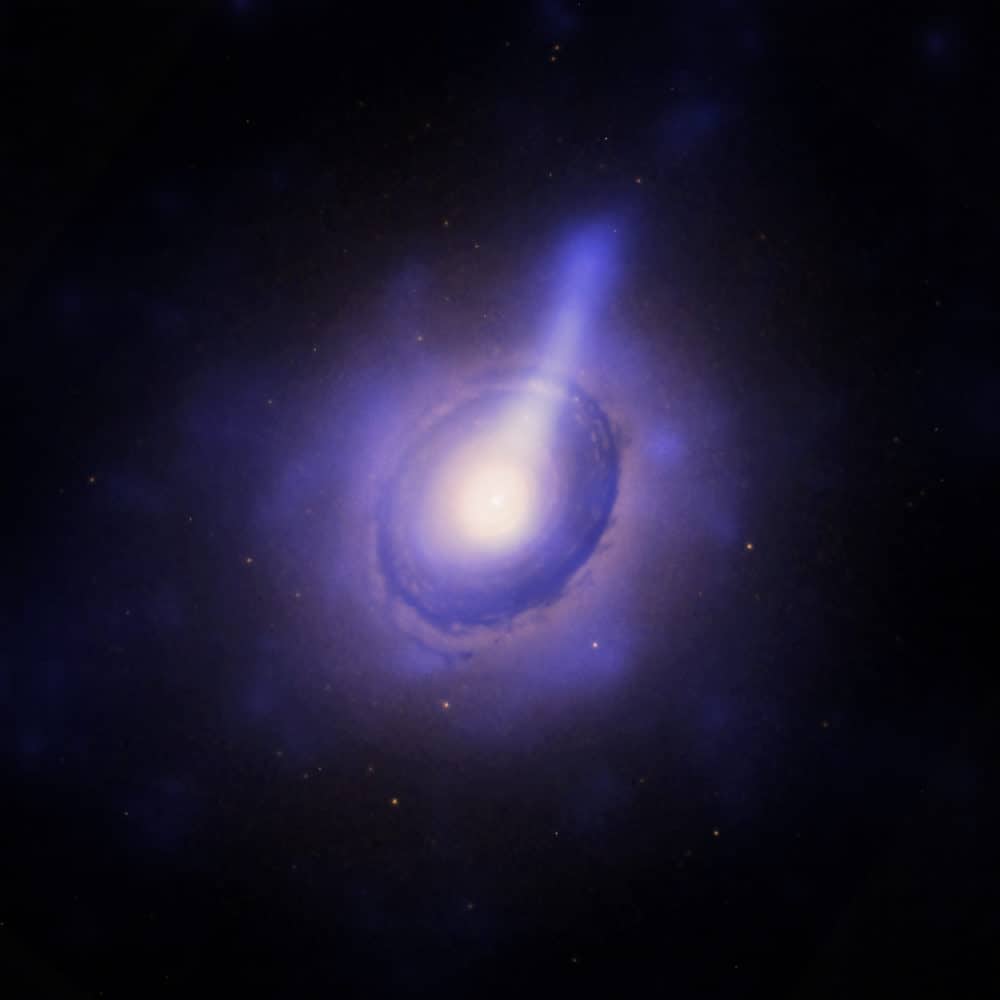Blog
Blind Willie Johnson (January 25, 1897 – September 18, 1945) was an American gospel blues singer, guitarist and evangelist. His landmark recordings completed between 1927 and 1930—thirty songs in total—display a combination of powerful “chest voice” singing, slide guitar skills, and originality that has influenced later generations of musicians. Even though Johnson’s records sold well, as a street performer and preacher he had little wealth in his lifetime. His life was poorly documented, but over time music historians such as Samuel Charters have uncovered more about Johnson and his five recording sessions.
A revival of interest in Johnson’s music began in the 1960s, following his inclusion on Harry Smith‘s Anthology of American Folk Music, and by the efforts of the blues guitarist Reverend Gary Davis. Johnson’s work has become more accessible through compilation albums such as American Epic: The Best of Blind Willie Johnson and the Charters compilations. As a result, Johnson is credited as one of the most influential practitioners of the blues, and his slide guitar playing, particularly on his hymn “Dark Was the Night, Cold Was the Ground“, is highly acclaimed. Other recordings by Johnson include “Jesus Make Up My Dying Bed“, “It’s Nobody’s Fault but Mine“, and “John the Revelator“.
Johnson was born on January 25, 1897, in Pendleton, Texas, a small town near Waco, to sharecropper George Johnson (also identified as Willie Johnson Sr.) and his wife, Mary Fields, who died in 1901.
more...Found in the constellation Leo, M95 is a beautiful barred spiral galaxy. It was discovered in 1781 by Pierre Méchain, a colleague of Charles Messier.
This Hubble observation reveals a section of M95 featuring its central bar of stars in the upper left and one of its spiral arms extending to the lower right. The observations were taken in near-infrared, visible and ultraviolet wavelengths of light with Hubble’s Advanced Camera for Surveys and Wide Field Camera 3. Hubble took these observations of M95 to better understand star formation in nearby galaxies.
M95 is located approximately 33 million light-years away and has a magnitude of 9.7. It has around 40 billion stars. Its spiral arms host a flurry of star birth activity and sparkle with the light of countless young, blue stars. The arms themselves are very tightly wound around the galaxy’s core and are nearly circular.

Richard Pierce Havens (January 21, 1941 – April 22, 2013) was an American singer-songwriter and guitarist. His music encompassed elements of folk, soul, and rhythm and blues. He had an intense and rhythmic guitar style (often in open tunings), and played soulful covers of pop and folksongs. He was the opening act at Woodstock.
Born in Bedford–Stuyvesant, Brooklyn, Havens was the oldest of nine children. He was of Native American (Blackfoot) descent on his father’s side and of the British West Indies on his mother’s. His grandfather was Blackfoot of the Montana/South Dakota area. Havens’s grandfather and great-uncle joined Buffalo Bill’s Wild West Show, got off in New York City, and ended up on the Shinnecock Reservation in Long Island. Havens’s grandfather got married, then moved to Brooklyn.
As a youth in Bedford-Stuyvesant, Havens began organizing his neighborhood friends into street corner doo-wop groups and, at age 16, was performing with the McCrea Gospel Singers. At age 20, Havens left Brooklyn, seeking artistic stimulation in Greenwich Village. “I saw the Village as a place to escape to, in order to express yourself,” he recalled. “I had first gone there during the beatnik days of the 1950s to perform poetry, then I drew portraits for two years and stayed up all night listening to folk music in the clubs. It took a while before I thought of picking up a guitar.” Havens’s solo performances quickly spread beyond the Village folk circles. After cutting two records for Douglas Records, he signed on with Bob Dylan‘s manager, Albert Grossman, and landed a record deal with the Verve Folkways (later Verve Forecast) label. Verve released Mixed Bag in late 1966, which featured tracks such as “Handsome Johnny” (co-written by Havens and actor Louis Gossett Jr.), “Follow”, and a cover of Bob Dylan‘s “Just Like a Woman“. Havens released his first single, “No Opportunity Necessary”, in 1967.
more...Fird Eaglin Jr. (January 21, 1936 or 1937 – February 18, 2009), known as Snooks Eaglin, was an American guitarist and singer based in New Orleans. In his early years he was sometimes credited under other names, including Blind Snooks Eaglin, “Lil” Snook, Ford Eaglin, Blind Guitar Ferd.
His vocal style was reminiscent of that of Ray Charles; in the 1950s, when he was in his late teens, he sometimes billed himself as “Little Ray Charles”. He played a wide range of styles of music within the same concert, album, or even song: blues, rock and roll, jazz, country, and Latin. In his early years, he also played acoustic blues.
His ability to play a wide range of songs and make them his own earned him the nickname “The Human Jukebox.” Eaglin claimed in interviews that his musical repertoire included some 2,500 songs.
At live shows, he usually did not prepare set lists and was unpredictable, even to his bandmates. He played songs that came to him on stage, and he also took requests from the audience.
Eaglin lost his sight not long after his first birthday, having been stricken with glaucoma, and spent several years in the hospital with other ailments. Around the age of five he received a guitar from his father and taught himself to play by listening to and playing along with the radio. A mischievous youngster, he was given the nickname “Snooks” after a radio character named Baby Snooks.
In 1947, at the age of 11, Eaglin entered a talent contest organized by the radio station WNOE and won it with his performance of “Twelfth Street Rag.” Three years later, he dropped out of a school for the blind to become a professional musician. In 1952, he joined the Flamingoes, a local seven-piece band started by Allen Toussaint. The Flamingoes did not have a bass player, and according to Eaglin, he played both the guitar and the bass parts simultaneously on his guitar. He stayed with the Flamingoes for several years, until the group disbanded in the mid-1950s.
As a solo artist, his recording and touring were inconsistent, and for a man with a career of about 50 years, his discography is rather slim. His first recording was in 1953, playing guitar at a recording session for James “Sugar Boy” Crawford.
The first recordings under his own name were made by Harry Oster, a folklorist from Louisiana State University, who found Eaglin playing in the streets of New Orleans and recorded him in seven sessions between 1958 and 1960. For these recordings, Eaglin played in a folk blues style, accompanying himself on an acoustic guitar, without a band. These recordings were later released by several labels, including Folkways, Folk-Lyric, and Prestige/Bluesville.
more...María Dolores Flores Ruiz (21 January 1923 – 16 May 1995) was a Spanish singer, actress, dancer and businesswoman. Referred to as “La Faraona” since the 1950s, Lola is known for her overwhelming personality onstage. As a bailaora, she enraged several generations of continents, although she distanced herself from flamenco canons. Lola performed more than 35 films, pigeonholed, in many of them, in Andalusian folklore, although she also interpreted rumbas and rancheras.
Born and raised in Jerez de la Frontera, Lola moved to Seville in 1928.
more...M90 is a bright, beautiful spiral galaxy situated in the Virgo cluster of galaxies. Located in the constellation Virgo, this galaxy is approximately 59 million light-years away from Earth and has a magnitude of 9.5. M90 is believed to be breaking away from the rest of the galaxies in the Virgo cluster and is one of the few galaxies traveling toward our Milky Way galaxy, not away.
Charles Messier found M90 in 1781 while looking at other galaxies in the Virgo cluster. M90 contains approximately a trillion stars and a thousand globular clusters. With the exception of the inner disk region, the galaxy’s arms contain very little star formation. Interactions with neighboring galaxies likely stripped away the gas and material that M90 needs to have active star formation in its outer regions. In the future, M90 is expected to evolve into a lenticular galaxy, which is a galaxy that has qualities of both a spiral and an elliptical galaxy.
This Hubble observation was taken in infrared, ultraviolet and visible light with the telescope’s Wide Field and Planetary Camera 2. Less than half of the galaxy is visible in this image. Astronomers used these Hubble observations to help study the properties of galactic bulges and the cores of nearby galaxies.

José James (born January 20, 1978) is an American vocalist best known for performing and blending modern jazz and hip-hop. James performs all over the world both as a bandleader and with other groups.
José James attended The New School for Jazz and Contemporary Music. In 2008, he debuted with his first album, The Dreamer, on the Brownswood label. Blackmagic followed in 2010. 2010’s For All We Know came out on the Impulse! label. For All We Know became the winner of both the Edison Award and L’Académie du Jazz Grand Prix for best Vocal Jazz Album of 2010.
more...Jeff “Tain” Watts (born January 20, 1960) is a jazz drummer who has performed with Wynton Marsalis, Branford Marsalis, Betty Carter, Michael Brecker, Alice Coltrane, Ravi Coltrane, and others.
Watts got the nickname “Tain” from Kenny Kirkland when they were on tour in Florida and drove past a Chieftain gas station. He was given a Guggenheim fellowship in music composition in 2017.
https://www.youtube.com/watch?v=5p3V5aEtDqQ
more...Wilbur James Cobb (born January 20, 1929) is an American jazz drummer. Some of Cobb’s most famous work is on Miles Davis‘s Kind of Blue (1959). Cobb is the last surviving player from the session. He also played on other Davis albums, including Sketches of Spain, Someday My Prince Will Come, Miles Davis at Carnegie Hall, In Person Friday and Saturday Nights at the Blackhawk, Complete, and briefly on Porgy and Bess and Sorcerer.
He has worked with Dinah Washington, Pearl Bailey, Clark Terry, Cannonball Adderley, Dizzy Gillespie, John Coltrane, Sarah Vaughan, Billie Holiday, Wynton Kelly, Stan Getz, Wes Montgomery, Art Pepper, Gil Evans, Miles Davis, Paul Chambers, Kenny Burrell, J. J. Johnson, Sonny Stitt, Nat Adderley, Benny Golson, Hank Jones, Ron Carter, George Coleman, Fathead Newman, Geri Allen, Earl Bostic, Leo Parker, Charlie Rouse, Ernie Royal, Philly Joe Jones, Bobby Timmons, Walter Booker, Jerome Richardson, Keter Betts, Jimmy Cleveland, Sam Jones, Red Garland, Joe Henderson, Eddie Gómez, Bill Evans, Jeremy Steig, Richard Wyands, Peter Bernstein, Richie Cole, Nancy Wilson, Ricky Ford.
more...Huddie William Ledbetter (/ˈhjuːdi/; January 20, 1888 – December 6, 1949), better known by the stage name Lead Belly, was an American folkand blues singer, musician and songwriter notable for his strong vocals, virtuosity on the twelve-string guitar, and the folk standards he introduced, including his renditions of “Goodnight, Irene“, “Midnight Special“, “Cotton Fields“, and “Boll Weevil“.
Lead Belly usually played a twelve-string guitar, but he also played the piano, mandolin, harmonica, violin, and windjammer. In some of his recordings, he sang while clapping his hands or stomping his foot.
Lead Belly’s songs covered a wide range of genres and topics including gospel music; blues about women, liquor, prison life, and racism; and folk songs about cowboys, prison, work, sailors, cattle herding, and dancing. He also wrote songs about people in the news, such as Franklin D. Roosevelt, Adolf Hitler, Jean Harlow, Jack Johnson, the Scottsboro Boys and Howard Hughes. Lead Belly was posthumously inducted into the Rock and Roll Hall of Fame in 1988 and the Louisiana Music Hall of Fame in 2008.
Though many releases credit him as “Leadbelly”, he himself wrote it as “Lead Belly”, which is also the spelling on his tombstone and the spelling used by the Lead Belly Foundation.
Lead Belly pronounced his first name /ˈhjuːdi/ (HYOO-dee, as if spelled “Hudie”). He can be heard pronouncing his name this way on one of his recordings of “Boll Weevil”.The younger of two children, Lead Belly was born Huddie William Ledbetter to Sallie Brown and Wesley Ledbetter on a plantation near Mooringsport, Louisiana, on January 20, 1888. His parents had cohabited for several years, but they legally married on February 26, 1888. When Huddie was five years old, the family settled in Bowie County, Texas. The 1900 United States Census lists “Hudy Ledbetter” as 12 years old, born January 1888, and the 1910 and 1930 censuses also give his age as corresponding to a birth in 1888. The 1940 census lists his age as 51, with information supplied by wife Martha. However, in April 1942, when Ledbetter filled out his World War II draft registration card, he gave his birth date as January 23, 1889, and his birthplace as Freeport, Louisiana(“Shreveport”). His grave marker bears the date given on his draft registration.
more...https://www.youtube.com/watch?v=lw2f235y7k0
more...Mardi Gras 2020 only 36 days until Fat Tuesday. Celebrate with the
BEAU KOO JACKS
at Neumanns Bar in North St Paul 7-11pm
Fat Tuesday February 25th 2020
with Guest artists
Torrion Amie and Jesse Mueller with Jamie Carter, Todd Matheson, Paul Strickland, Larry McCabe, Art Haynes and mick Bamboula laBriola.
more...

X-rays from the radio galaxy 3C31 (blue), located 240 million light years from Earth, allow astronomers to probe the density, temperature, and pressure of this galaxy, long known to be a powerful emitter of radio waves. The Chandra data also reveal a jet blasting away from one side of the central galaxy, which also is known as NGC 383. Here, the Chandra X-ray image has been combined with Hubble’s visible light data (yellow).

More Posts
- Sonny Greer
- Daily Roots Scientist
- Flamenco Fridays Carlos Montoya
- Graffiti Human Suffering
- Dr Who Facts
- Cosmos M45
- Alex Acuña
- Dickey Betts
- Manu Dibango
- Tony Williams
- Toshiko Akiyoshi
- Dodo Marmarosa
- World Music SUTARAS
- Daily Roots Scientist
- One Race the Human Race
- Nikki Giovanni Memorial
- Challenge to Change Performance
- Cosmos NGC 5128
- McCoy Tyner
- Big Mama Thornton
